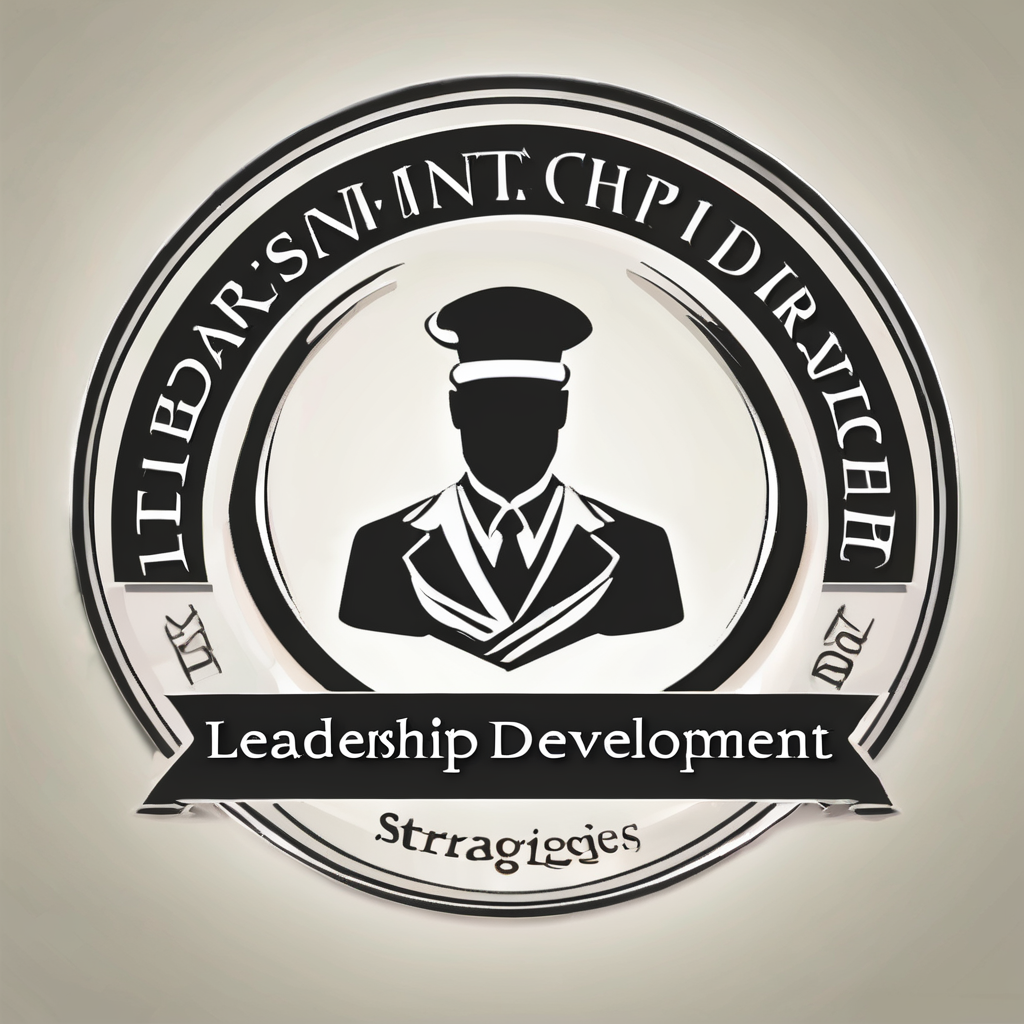Mastering Client Engagement: Proven Content Marketing Tactics for UK Freelancers to Boost Their Attractiveness
In the ever-evolving landscape of digital marketing, freelancers in the UK are constantly seeking ways to enhance their online presence and attract more clients. One of the most effective strategies to achieve this is through content marketing. Here, we will delve into the world of content marketing, exploring proven tactics that can help UK freelancers boost their attractiveness and grow their business.
Understanding Content Marketing
Content marketing is a strategic marketing approach focused on creating and distributing valuable, relevant, and consistent content to attract and retain a clearly defined audience. For freelancers, this means creating content that not only showcases their expertise but also addresses the needs and pain points of their potential clients.
Additional reading : Boosting membership growth: innovative social media tactics for uk fitness studios to connect with potential clients
Why Content Marketing Matters
“Content marketing is the only marketing left,” says Joe Pulizzi, founder of Content Marketing Institute. This statement underscores the importance of content in today’s digital age. Here are a few reasons why content marketing is crucial for freelancers:
- Builds Trust: High-quality content helps establish you as an authority in your field, building trust with your target audience.
- Drives Traffic: SEO-optimized content can significantly increase your online visibility, driving organic traffic to your website.
- Generates Leads: Valuable content can serve as a magnet for potential clients, encouraging them to reach out for your services.
- Supports Business Growth: Consistent content creation helps in sustaining a strong online presence, which is essential for long-term business growth.
Crafting a Content Strategy
Before diving into content creation, it’s essential to have a well-defined content strategy. Here’s how you can craft one:
Also read : Revolutionizing uk logistics: leveraging blockchain technology for unmatched supply chain transparency
Identify Your Target Audience
Understanding who your ideal client is, is the first step in creating a content strategy. Consider demographics, pain points, and what type of content they would find valuable.
Set Clear Goals
Define what you want to achieve through your content marketing efforts. Whether it’s lead generation, brand awareness, or driving sales, having clear goals will help you stay focused.
Choose the Right Platforms
Not all social media platforms are created equal. For example, LinkedIn is ideal for B2B services, while Instagram might be better for creative freelancers. Here’s a brief overview of popular platforms:
| Platform | Best For | Key Features |
|---|---|---|
| B2B Services | Professional networking, long-form posts, LinkedIn articles | |
| Creative Services | Visual content, stories, reels | |
| Real-time Engagement | Short-form posts, hashtags, live tweets | |
| YouTube | Educational Content | Video tutorials, case studies, vlogs |
| Blogging | In-depth Content | SEO-optimized articles, guest posts |
Create a Content Calendar
Planning your content in advance helps in maintaining consistency and ensuring that you cover all aspects of your strategy. Here’s an example of a content calendar:
- Weekly Blog Post: In-depth article on industry trends or best practices.
- Daily Social Media Posts: Short updates, tips, or behind-the-scenes content.
- Monthly Newsletter: Summary of key articles, upcoming events, and exclusive offers.
- Quarterly Case Studies: Detailed analysis of successful projects.
Content Creation Best Practices
Creating high-quality content is at the heart of any successful content marketing strategy. Here are some best practices to keep in mind:
Focus on Quality Over Quantity
“Quality is more important than quantity. One home run is much better than a dozen singles,” says Gary Vaynerchuk. Here’s how you can ensure your content stands out:
- Research Thoroughly: Use data-driven insights to create content that addresses real needs.
- Write Engagingly: Use storytelling techniques to make your content more relatable and engaging.
- Optimize for SEO: Use relevant keywords, meta descriptions, and optimize images to improve your search engine rankings.
Diversify Your Content
Offering a variety of content types keeps your audience engaged and interested. Here are some ideas:
- Blog Posts: In-depth articles on industry topics.
- Videos: Tutorials, case studies, or vlogs.
- Infographics: Visual representations of data or tips.
- Podcasts: Interviews with industry experts or discussions on current trends.
- Email Newsletters: Regular updates and exclusive content for subscribers.
Leveraging Social Media for Content Marketing
Social media is a powerful tool for content marketers. Here’s how you can leverage it effectively:
Engage with Your Audience
Social media is a two-way street. Engage with your followers by responding to comments, answering questions, and sharing user-generated content.
Use LinkedIn Marketing
LinkedIn is particularly useful for freelancers offering B2B services. Here are some tips for LinkedIn marketing:
- Publish Articles: Share in-depth articles directly on LinkedIn.
- Participate in Groups: Join relevant groups and contribute valuable insights.
- Utilize LinkedIn Stories: Share quick updates and behind-the-scenes content.
Run Social Media Campaigns
Running targeted social media campaigns can help you reach a wider audience and drive traffic to your website. Here’s an example of how you can structure a campaign:
- Objective: Define what you want to achieve (e.g., lead generation, brand awareness).
- Target Audience: Use platform-specific targeting options to reach your ideal client.
- Content: Create a mix of promotional and educational content.
- Budget: Allocate a budget and monitor your ROI.
Email Marketing Strategies
Email marketing remains one of the most effective ways to engage with your audience and drive conversions. Here are some strategies to enhance your email marketing efforts:
Build a Strong Email List
Your email list is the backbone of your email marketing strategy. Here’s how you can build one:
- Offer Valuable Content: Provide a free eBook, webinar, or template in exchange for email addresses.
- Use Opt-in Forms: Place opt-in forms on your website to capture email addresses.
- Segment Your List: Segment your list based on demographics, engagement, or other criteria to send targeted emails.
Create Engaging Email Content
Your emails should be engaging and relevant to your audience. Here are some tips:
- Personalize Your Emails: Use the recipient’s name and tailor the content based on their interests.
- Use Compelling Subject Lines: Craft subject lines that encourage opens.
- Include Clear Calls-to-Action: Direct the recipient to take a specific action.
Local SEO and Its Importance
For freelancers who serve local clients, local SEO is crucial. Here’s how you can optimize your content for local search:
Claim and Optimize Your Google My Business Listing
Your Google My Business listing is the first point of contact for many local searchers. Ensure it is complete and up-to-date.
Use Location-Specific Keywords
Include location-specific keywords in your content to improve your local search rankings.
Get Local Reviews
Encourage your clients to leave reviews on your Google My Business listing and other local directories.
Case Studies and Success Stories
Sharing case studies and success stories can significantly boost your credibility and attract more clients. Here’s how you can create compelling case studies:
Identify a Successful Project
Choose a project that showcases your skills and the value you brought to the client.
Outline the Project
Describe the project objectives, the challenges faced, and the solutions implemented.
Highlight the Results
Quantify the results achieved and include any testimonials from the client.
Mastering client engagement through content marketing is a journey that requires consistent effort and a well-thought-out strategy. By understanding your target audience, crafting a solid content strategy, creating high-quality content, leveraging social media, and using email marketing effectively, you can significantly boost your attractiveness to potential clients.
Here are some final tips to keep in mind:
- Stay Consistent: Regularly update your content to keep your audience engaged.
- Monitor and Adjust: Use data to monitor the performance of your content and adjust your strategy accordingly.
- Engage Continuously: Keep engaging with your audience through various channels to build a loyal following.
By following these proven content marketing tactics, UK freelancers can not only attract more clients but also build a sustainable and growing business in the digital age.
Practical Insights and Actionable Advice
Here are some actionable steps you can take today to improve your content marketing efforts:
- Audit Your Current Content: Review your existing content and identify areas for improvement.
- Create a Content Calendar: Plan your content in advance to ensure consistency.
- Engage on Social Media: Start engaging with your audience on social media platforms.
- Optimize for Local SEO: If you serve local clients, optimize your content for local search.
- Build an Email List: Start building an email list by offering valuable content.
By implementing these strategies, you can set yourself on the path to success in the competitive world of freelancing.
Detailed Bullet Point List: Content Marketing Checklist for Freelancers
-
Define Your Target Audience:
-
Identify demographics
-
Understand pain points
-
Determine content preferences
-
Set Clear Goals:
-
Lead generation
-
Brand awareness
-
Driving sales
-
Choose the Right Platforms:
-
LinkedIn for B2B services
-
Instagram for creative services
-
YouTube for educational content
-
Create a Content Calendar:
-
Weekly blog posts
-
Daily social media updates
-
Monthly newsletters
-
Quarterly case studies
-
Focus on Quality Over Quantity:
-
Research thoroughly
-
Write engagingly
-
Optimize for SEO
-
Diversify Your Content:
-
Blog posts
-
Videos
-
Infographics
-
Podcasts
-
Email newsletters
-
Engage with Your Audience:
-
Respond to comments
-
Answer questions
-
Share user-generated content
-
Run Social Media Campaigns:
-
Define objectives
-
Target your audience
-
Create a mix of promotional and educational content
-
Allocate a budget
-
Build a Strong Email List:
-
Offer valuable content
-
Use opt-in forms
-
Segment your list
-
Create Engaging Email Content:
-
Personalize your emails
-
Use compelling subject lines
-
Include clear calls-to-action
-
Optimize for Local SEO:
-
Claim and optimize your Google My Business listing
-
Use location-specific keywords
-
Get local reviews
-
Share Case Studies and Success Stories:
-
Identify successful projects
-
Outline the project
-
Highlight the results
Comprehensive Table: Comparing Content Marketing Platforms
| Platform | Best For | Key Features | Cost |
|---|---|---|---|
| B2B Services | Professional networking, long-form posts, LinkedIn articles | Free/Paid | |
| Creative Services | Visual content, stories, reels | Free/Paid | |
| YouTube | Educational Content | Video tutorials, case studies, vlogs | Free/Paid |
| Blogging | In-depth Content | SEO-optimized articles, guest posts | Free/Paid |
| Email Marketing | Lead Generation | Personalized emails, segmentation, automation | Paid |
| Real-time Engagement | Short-form posts, hashtags, live tweets | Free/Paid | |
| General Audience | Diverse content types, groups, ads | Free/Paid |
Relevant Quotes
- “Content marketing is the only marketing left.” – Joe Pulizzi
- “Quality is more important than quantity. One home run is much better than a dozen singles.” – Gary Vaynerchuk
- “The best marketing doesn’t feel like marketing.” – Tom Fishburne
By integrating these strategies, tools, and best practices into your content marketing efforts, you can significantly enhance your online presence and attract more clients, ultimately driving the growth and success of your freelance business.




